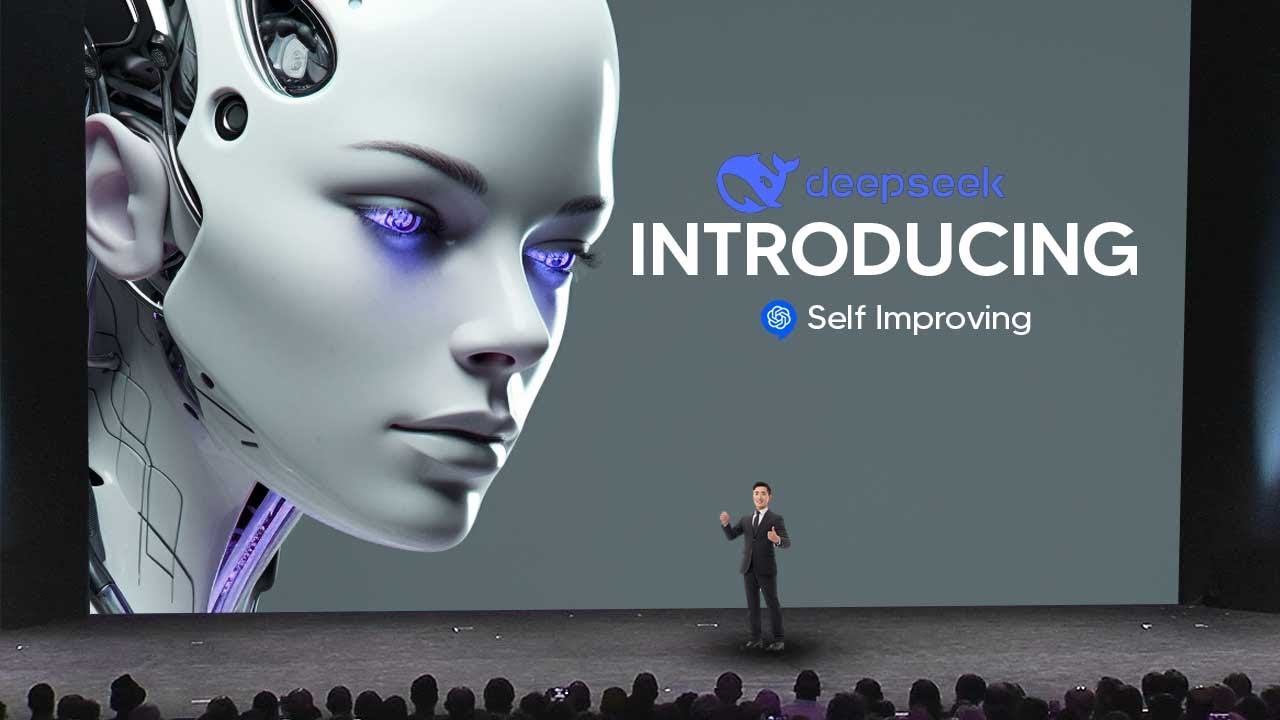Deepseek, a Chinese open-source research company, has developed a self-improving AI model that enhances its performance over time through a method called inference time scaling for reward modeling, utilizing a more effective AI judge known as the Generative Reward Model (GRM). Their innovative approach, which includes detailed critiques and a sampling technique for evaluations, positions Deepseek as a leader in AI advancements, with the upcoming launch of their model Deepseek R2 expected to further impact the industry.
Deepseek, a Chinese open-source research company, has recently made headlines with its claim of developing a self-improving AI model. The company released a paper discussing their advancements in AI, particularly focusing on a method called inference time scaling for reward modeling. This has sparked significant interest and debate on social media, as many are curious about how Deepseek is innovating in the AI space. The research suggests that the model’s performance improves over time as it samples and evaluates its own responses.
The core of Deepseek’s innovation lies in creating a more effective AI judge, referred to as the GRM (Generative Reward Model). Traditional AI judges often struggle with generalization and do not improve significantly during inference. Deepseek’s approach involves training an AI to evaluate responses by generating detailed critiques rather than simply assigning scores. This method allows for more nuanced judgments and flexibility, as the AI can provide different reasoning for similar responses, leading to varied scores.
To enhance the accuracy of the AI judge, Deepseek employs a technique called sampling, where the judge is asked multiple times to evaluate the same response. The results from these multiple evaluations are then combined to produce a more reliable final score. Additionally, a smaller AI, known as the meta RM, is utilized to assess the quality of the critiques generated by the main judge, further refining the evaluation process. This multi-faceted approach allows the AI judge to outperform larger models like GPT-4 when asked to evaluate responses multiple times.
The results from Deepseek’s research indicate that their AI judge performs exceptionally well across various tasks, demonstrating improved accuracy with increased computational resources. The combination of detailed reasoning and the sampling strategy significantly enhances the model’s performance, allowing a medium-sized AI judge to achieve results comparable to or better than larger models that are evaluated only once. This advancement positions Deepseek as a leader in AI innovation, showcasing their ability to push the boundaries of technology.
Looking ahead, Deepseek is preparing to launch its next model, Deepseek R2, which is anticipated to incorporate these advancements. The company aims to maintain its momentum in the competitive AI landscape, especially as other players like Meta and OpenAI continue to develop their own models. The potential release of Deepseek R2 could mark a pivotal moment in the AI industry, especially in light of recent controversies surrounding other models like Meta’s Llama 4. As the AI field evolves, the impact of Deepseek’s innovations will be closely watched by industry experts and competitors alike.
